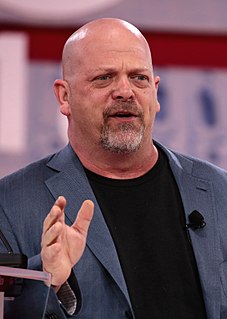A Quote by Yiyun Li
Why do I write about China? That is a very good question. I think there are questions about China that I haven't been able to answer. The reason I write is that there are questions to which I want to find answers - or I want to find questions beyond those questions.
Related Quotes
The great philosophers of the 17th and 18th centuries did not think that epistemological questions floated free of questions about how the mind works. Those philosophers took a stand on all sorts of questions which nowadays we would classify as questions of psychology, and their views about psychological questions shaped their views about epistemology, as well they should have.
The cool thing about Watchmen is it has this really complicated question that it asks, which is: who polices the police or who governs the government? Who does God pray to? Those are pretty deep questions but also pretty fun questions. Kind of exciting. It tries to subvert the superhero genre by giving you these big questions, moral questions. Why do you think you're on a fun ride? Suddenly you're like how am I supposed to feel about that?
Indeed, the only truly serious questions are ones that even a child can formulate. Only the most naive of questions are truly serious. They are the questions with no answers. A question with no answer is a barrier that cannot be breached. In other words, it is questions with no answers that set the limit of human possibilities, describe the boundaries of human existence.
You can imagine over very long timescales, perhaps far beyond the multi-decade time scale, we might be able to ask very deep questions about why we feel the way we feel about things, or why we think of ourselves in certain ways - questions that have been in the realm of psychology and philosophy but have been very difficult to get a firm mechanistic laws-of-physics grasp on.
There's no necessary connection between maximizing social utility or economic wealth and creating a flourishing democracy. The first does not guarantee the second. The only way to create a flourishing democracy is to find ways to reason together about the big questions, including hard questions about justice and the common good, to reason together about these questions so that we as citizens can decide how to shape the forces that govern our lives.





































